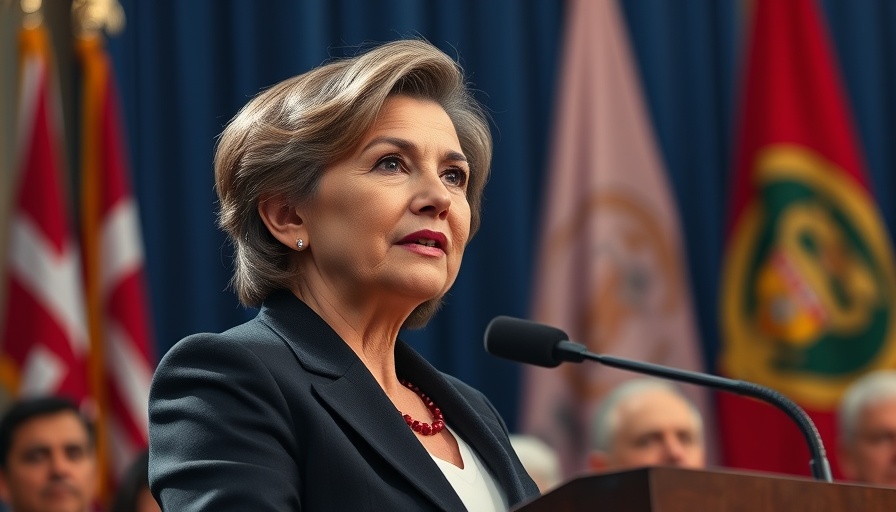
Honoring a Legacy of Compassion
On April 21, 2025, Governor Kathy Hochul of New York directed that flags be lowered to half-staff in recognition of the monumental life and legacy of His Holiness Pope Francis, who passed away at the significant age of 88. Hochul's heartfelt message underlined the Pope’s exceptional capability to transcend religious boundaries and advocate for universal values of compassion and dignity for all individuals. She remarked, “Pope Francis led with compassion, humility, and inclusivity, emphasizing that God does not disown any of his children.” This sentiment resonates deeply in a world that often grapples with division.
A Symbol of Peace
The directive to lower flags in respect extends beyond a simple act of mourning. It symbolizes the shared values of humanity that Pope Francis championed during his papacy. He was unwavering in his mission to uplift the vulnerable, calling attention to climate change and social justice through his leadership. Governor Hochul mentioned that each of us bears the responsibility to continue fostering these values of kindness, which Pope Francis exemplified throughout his life.
Local and Global Reactions
This loss reverberated not only in religious communities but across civic spheres. New York City Mayor Eric Adams, reflecting on his own connection to the Pope during a visit to the Vatican, expressed deep sadness saying, “Pope Francis led with kindness, grace, and faith as he helped build a better world.” Adams’s sentiments echoed those of Bronx Borough President Vanessa L. Gibson, who described the Pope as a “global beacon of compassion.” Such reactions highlight the profound impact Pope Francis had, particularly among leaders who seek to unify people across different backgrounds.
The Global Mourning Process
As the world prepares for Pope Francis’s funeral, a convergence of faiths and communities is anticipated, bringing individuals together to honor a leader whose influence reached far beyond the papacy. The flag-lowering will continue until the day of his funeral, symbolizing a mourning period not just in the State of New York, but globally. This collective grief reinforces the reminder that, regardless of personal beliefs, the values of empathy and service are attainable and necessary.
Reflecting on Poignant Messages
The loss of a figure such as Pope Francis invites reflection on his unwavering dedication to peace and justice. His teachings presented a guiding philosophy that can inspire today’s leaders and followers alike to work towards a world built on mutual respect and understanding. As we lower our flags, we must also raise our resolve to embody the very principles that he advocated for during his life.
 Add Row
Add Row  Add
Add 




Write A Comment